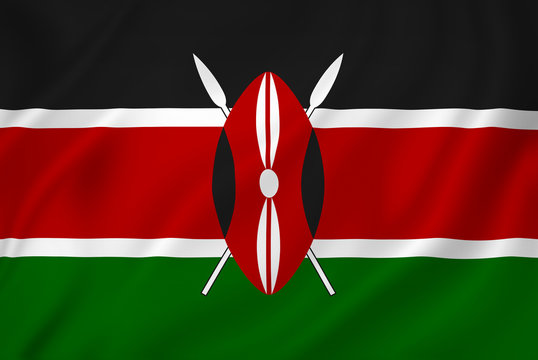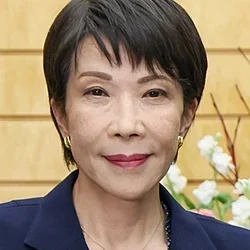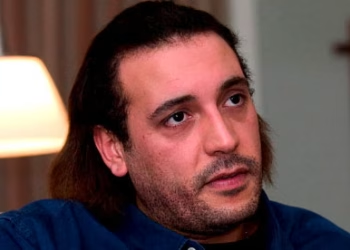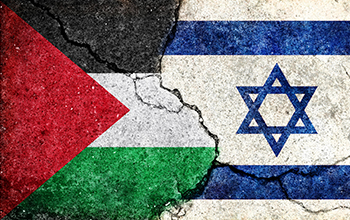Nairobi, Kenya — Presidents and envoys from across Africa joined thousands of mourners in Nairobi on Friday for a state funeral honoring former Prime Minister Raila Odinga, the veteran pro-democracy figure who died this week in India at age 80.
Crowds filled a city stadium for an Anglican service where Odinga’s flag-draped casket was displayed. Mourners chanted, held aloft his portrait, and waved twigs — a traditional Kenyan symbol of peace and unity — as clergy led prayers celebrating a life that helped usher in multiparty democracy.
Security was tight after a deadly crush at a separate public viewing Thursday left three people dead and at least 10 injured when police used live rounds and tear gas to control a surging crowd. On Friday morning, Odinga’s body lay in state at Parliament — an honor typically reserved for sitting and former presidents.
“Every once in a generation, there comes a leader whose impact transcends their moments,” President William Ruto said in a eulogy. “My brother, Raila Amollo Odinga, was one such leader.” Ruto, who campaigned for Odinga in the disputed 2007 vote before later becoming his electoral rival — including in 2022 — noted their recent political pact that brought opposition figures into cabinet, framing it as a testament to Odinga’s lifelong pursuit of dialogue.
Odinga ran for the presidency five times over three decades. Though he never captured the office, his decades of activism, detention and negotiation made him a towering figure in Kenya’s political evolution and a reference point for opposition movements across the region.
Kenyan officials said a final public viewing will take place Saturday in Kisumu, the lakeside city near Odinga’s rural home in Bondo, where he will be buried Sunday. Family members said Odinga had requested a swift burial — ideally within 72 hours — an uncommon timetable for such a prominent national figure.
As choirs sang and dignitaries filed past the casket, many in the stands spoke of a leader they credited with expanding space for dissent and urging national unity in times of crisis. “He taught us to fight hard, and to reconcile harder,” one mourner said, clutching a twig. “That is the legacy we must keep.”





















